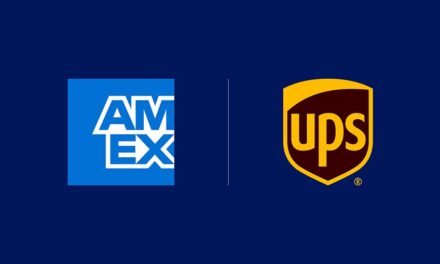
US transportation infrastructure failing the nation, says UPS CEO
Describing the nation’s roads, ports, railroads and airports as the backbone of global trade, UPS’s chief executive officer today warned that America was taking a chance with its future by neglecting its infrastructure.
Mike Eskew, UPS CEO
“What’s shocking, quite frankly, is the inability of our transportation infrastructure to keep up with the normal day-to-day stresses imposed upon it,” said UPS CEO Mike Eskew. “Our highways, waterways, railroads and aviation networks are simply not keeping up with ordinary demands.
Eskew noted the problem is receiving some recognition outside the transportation industry, citing a report card issued last year by the American Society of Civil Engineers. “In 2005, here’s what our infrastructure report card looked like: our aviation system got a D+; navigable waterways a D-; roads a D, and rails a C-.”
“What does the overall report card on our national transportation infrastructure look like? Well, let’s put it this way: if your kids brought home report cards like this, someone would be grounded.”
Eskew, in addressing the Houston Forum here, said business leaders had to help Americans understand that their jobs and standard of living depend on a U.S. economy that today depends on global trade. People may not like to build new roads or add runways to airports, but the American economy risks stagnation without continued investment and infrastructure expansion, he said.
“Here’s the deal: We can’t wait on this,” Eskew continued. “We need to move forward now.”
Clearly, any solution will require “lots of money” and that’s why it’s also time “to target that money strategically using a holistic strategy,” the chief executive urged.
“By holistic, I mean taking into account how all the air, ground and water-based systems work together and increasing the integration of all these different modes of transport. For example, all the port capacity in the world won’t prevent bottlenecks if there isn’t enough rail freight capacity on which to unload the ocean shipments.”
UPS takes this type of holistic approach to its own network, operating an integrated system that combines the flows of air, ground, residential, commercial, domestic and international packages. The company also invests billions of dollars each year in technology to help customers coordinate the movement of goods and information.
Public and private entities must work together to solve the nation’s infrastructure problem, Eskew said, adding one private business sector that particularly needs to step up is the rail sector. The nation’s railroads are “under-investing” in advanced technologies available today that could improve the capacity and safety of their networks, he asserted.
The problem is not insurmountable, he added, but it’s time “to sound the alarm.”
“If we’re going to take our rightful place as a nation in the world of trade, we must have the best infrastructure,” Eskew concluded. “Are we willing to take the necessary steps today to ensure a vibrant economy tomorrow?
“Do we really have a choice?”












